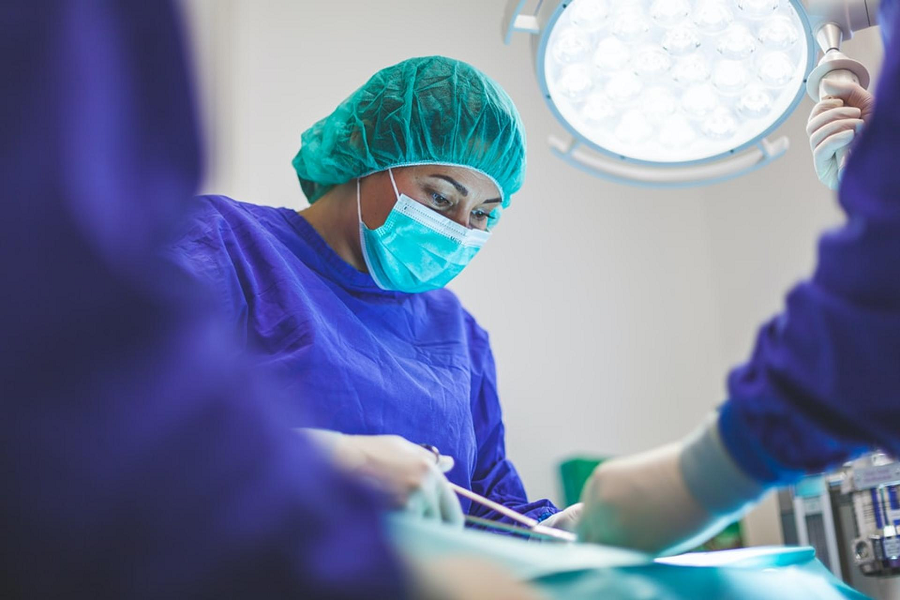
Endoscopy Technician Everything You Need to Know
Endoscopy technicians play an integral part in the medical sector. They work with surgeons and nurses in diagnosing and treating gastrointestinal diseases. Generally, their responsibilities revolve around maintaining the sterility and functionality of equipment in the room. They also assist the medical team during procedures, handle biological specimens, move patients according to doctors’ advice, and perform routine safety assessments.
In addition, endoscopy technicians have a variety of names, including:
- Endoscopy Specialty Technician
Gastrointestinal (GI) Technician
Flexible Endoscope Reprocessor
What is Endoscopy
Endoscopy is a non-surgical medical procedure used to examine the digestive system. Physicians use an endoscope, a thin, flexible tube with a camera, to get proper visualization of your internal organs. After obtaining a diagnosis, they will provide treatments based on your medical condition.
Endoscopic retrograde cholangiopancreatography (ERCP) is a specialized endoscopy permit capturing of images of the pancreas, gallbladder, and adjacent tissues. ERCP can also be used to place stents or biopsies. Additionally, endoscopic ultrasound (EUS), which combines upper endoscopy and ultrasound examination, collects pictures and information about various digestive tract regions.
How to Become a Good Endoscopy Technician
Endoscopy technicians usually need to hold an associate’s degree and at least one year of experience in clinical endoscopic procedures. Additionally, some employers require a certificate in central sterile processing technician program or cardiopulmonary resuscitation.
Technicians are meticulous, detail-oriented, and ambitious in completing their tasks. Because medical equipment needs sterilization, endoscopy technicians are encouraged to take sterile processing courses. They are attentive to safety protocols and medical procedures. Technicians can also identify and report problems with equipment and materials to the medical team.
Endoscopy technicians need to communicate and interact with patients. Patients are often anxious and have many questions. Thus, technicians should be able to communicate information clearly and calmly with patients. They should also be able to listen and write clearly, which is essential for accurately recording patients’ medical information.
Besides, you will need to update your knowledge with industry developments. Even experienced endoscopists are constantly seeking new techniques and attending conferences to get updates.
To learn more about becoming an endoscopy technician, here is an article from Martinson College.







